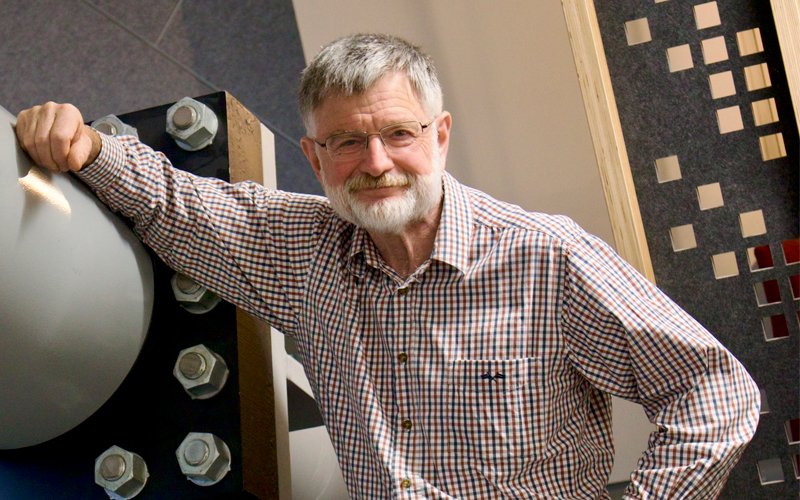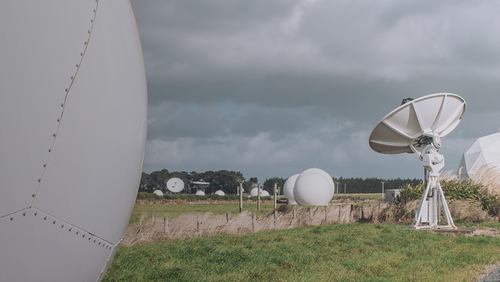5 Nov 2024
Rob Jury ONZM DistFEngNZ CPEng has more than 40 years’ experience assessing and designing buildings. His advice is sought on all aspects of structural and earthquake engineering, including advising the government on increased seismic design standards for the country and developing the seismic components of the Building Code. Rob was recently made an Officer of the New Zealand Order of Merit for services to structural engineering and design.
What attributes make you a good leader?
Listening and trying not to dominate the conversation, but being firm when necessary.
At the end of each day, what tells you whether you’ve been successful?
Reflecting on what I’ve worked on and finding a positive outcome each day – that makes me feel I’ve been successful.
What inspired you to become an engineer?
Being able to use my skills in maths and science originally inspired me to become a structural engineer. And then later, realising the satisfaction that comes from being able to see things that you’ve worked on actually being built. That continues to inspire me.
Who opened a key door for you?
It was probably my father first of all, through his interest in DIY. He was quite a handyman and liked building things, and I seem to have inherited that. This was reinforced by an applied mathematics teacher at high school and then my university lecturers, the late Professors Paulay, Park and Priestley – the three important Ps in structural and earthquake engineering. The late John Hollings (who I was fortunate to work with at Beca) was a particular inspiration.

How do you connect your work with a sense of greater good?
I think everything we do in the built environment is for the greater good, even if it’s not always recognised. Any building, any structure, is for the greater good, in my view. In terms of earthquake engineering, that was reinforced for me when Beca supported me to join the Mexico City earthquake reconnaissance team in 1985. Going to the scene of a major earthquake where there had been significant loss of life really influenced me – the realisation that what I was doing could have severe consequences.
What mistake have you learned from most?
I’ve learned that what you say as a manager can have a big impact on people, so that is something I have become much more aware of over the years.
How do you approach a difficult conversation with someone you lead?
I’ve learned that being calm, collected and consistent is important when you are dealing with people. I don’t often get riled up – I maintain a fairly level persona. I think that’s helpful because people know what to expect from me.
Who is a leader in Aotearoa you admire?
Honestly, our leaders within Beca. I’ve admired so many of them over the years – often because they have attributes I don’t have. I admire leaders who are very good at conversations with people.
Outside of Beca it would be my professors from university days, and the many other people in that space that I’ve been so fortunate to work with.
What questions have you been asking yourself lately?
When’s the right time to retire? Ha! It is a relevant question at my age. I don’t want to retire right at the moment, but it’s certainly a question my wife is asking. You never know how much time you have left, so you do ask yourself, when is the right time? How many summers do I have left? Though you’ll never knock the engineer out of me, I suspect.
This article was first published in the September 2024 issue of EG magazine.





